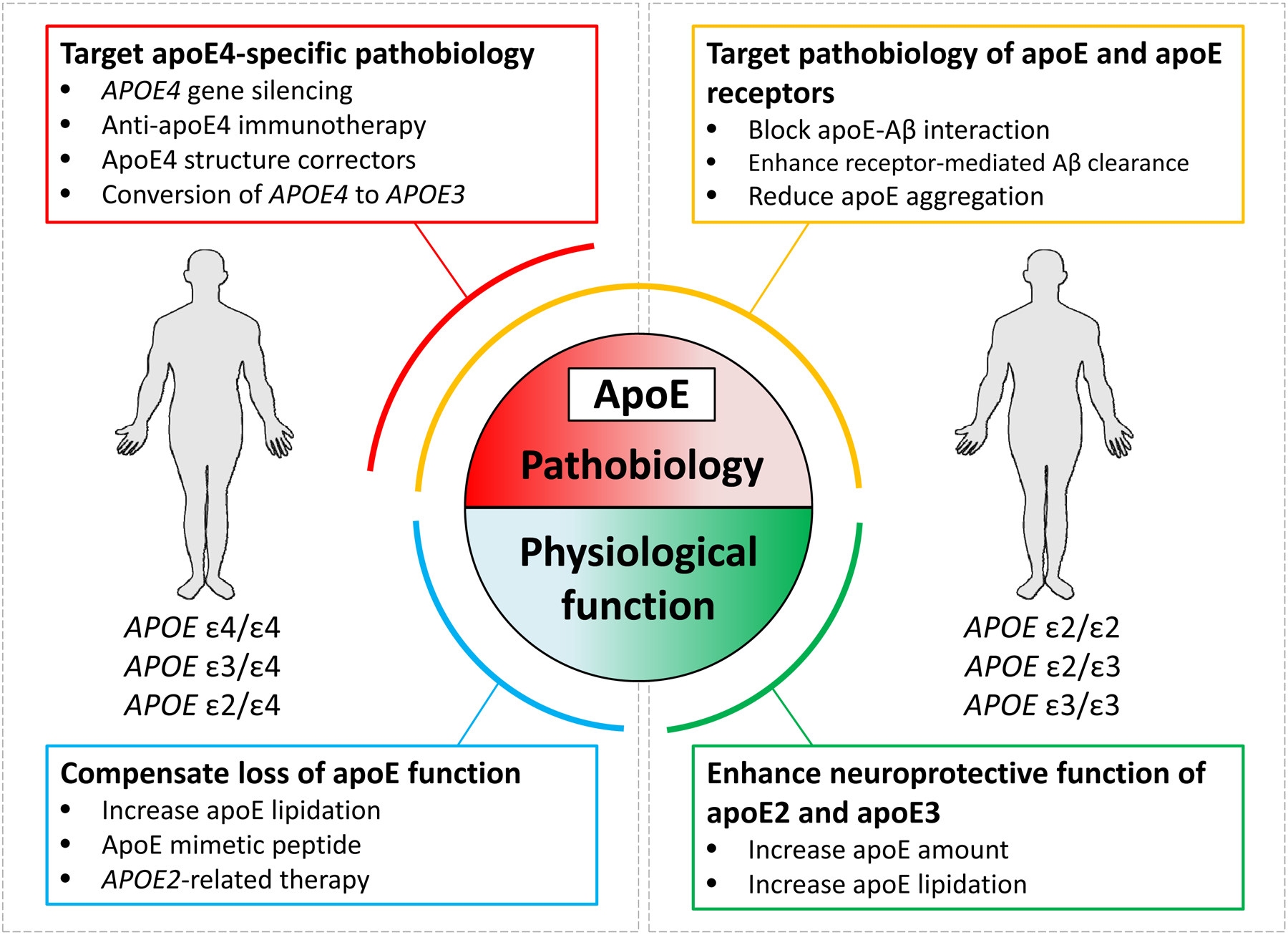Figure 5: Model of precision medicine based on APOE genotype.

Although all apolipoprotein E (APOE) isoforms seem to promote amyloid-β (Aβ) deposition in the brain, the disease-driving effect is more pronounced with the presence of APOE*ε4 than of APOE*ε2 or APOE*ε3. Therefore, a precision medicine approach in which different treatment strategies are developed for individuals with different genotypes might be beneficial. The figure lists the potential therapeutic options according to the individuals who are most likely to benefit and whether the strategy attempts to correct APOE pathobiology or restore APOE physiological function. Modulation of Aβ pathology in individuals with different APOE genotypes is likely to require a combination of strategies.
